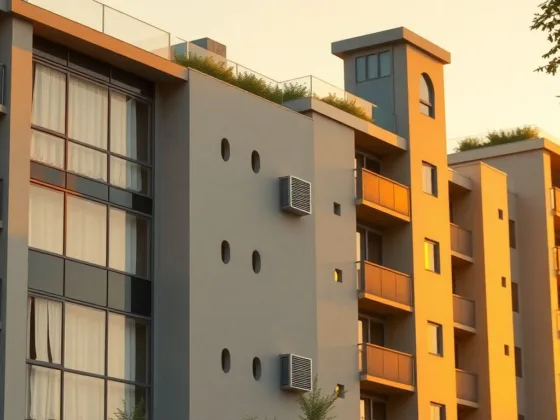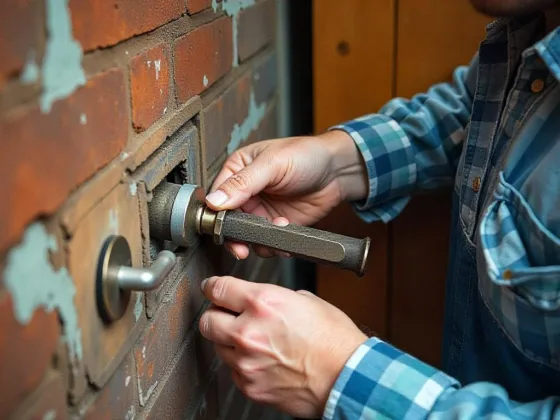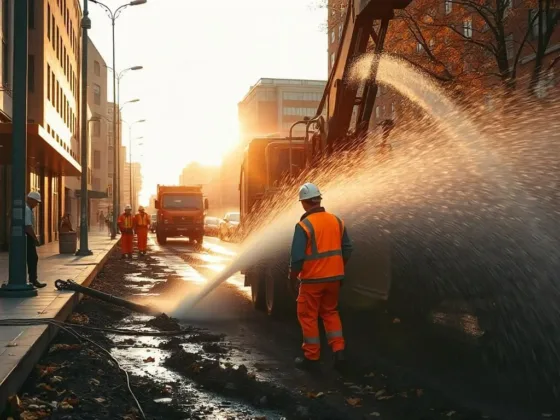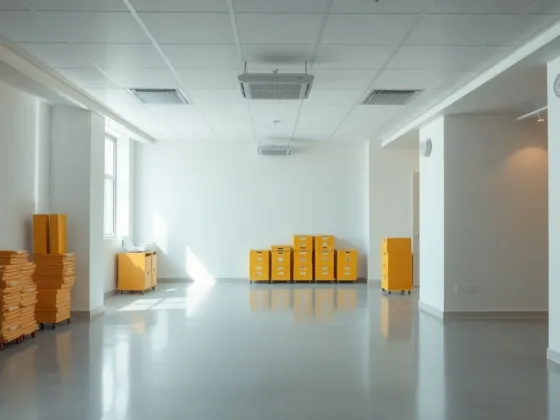Table of Contents Show
You can always stay warm and cozy at home, thanks to your furnace, which works well during cool weather. However, if your gas furnace isn’t keeping you warm like before, it’s time for a check-up on your heating system.
A furnace can last long, but eventually, even the most dependable furnace will require replacement.
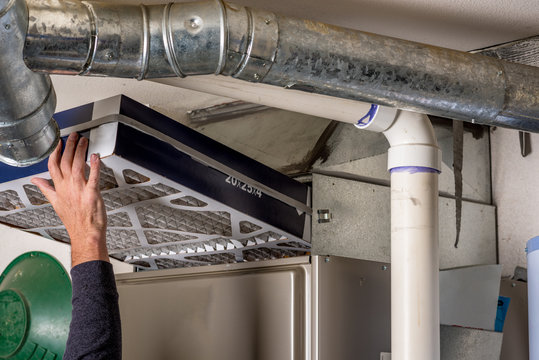
Furnaces stay off till the cool weather kicks in, when they keep the house warm and guard against burst pipes. However, certain parts can develop issues when the equipment remains unused. In such cases, a furnace will give you clear indications that it’s time for its replacement.
So, here are some factors to consider when evaluating whether you need a repair or a new furnace. Check them out below!
High Heating Bills
Heating oil or propane gas typically fuels furnaces in your home to keep it warm and comfortable. Although heating oil is not completely energy efficient, aging can reduce it further.
In addition, older furnaces tend to develop worn-out parts that make them less energy efficient, ultimately increasing your heating bill.
A rise in your home’s energy costs is one of the indications of the reduced efficiency of your furnace.
If you are heating the house to the same temperature as in previous years, but the furnace requires more frequent oil or gas tank replacement, it is probably time to replace the entire furnace.
A professional company like Air Pro Heating, Air & Electric can help you make the right decision in such a case.
The Furnace is Too Old to Keep Up
Old furnaces take up more energy and require frequent repairs. The life expectancy of a furnace is typically between 20 and 30 years. However, once your furnace becomes 10-15 years old, it is usually time for a replacement.
It is because as the furnace ages more, it will require more costly repairs. You can spend that money on a new one and get better heating efficiency.
Outdated furnaces have more due dates with your technician, increasing your expenditure. It also reflects on your energy bills that rise way too high.
A professional HVAC company can help you decide whether you need a new furnace or repair work can make it last a few more years. The technician can examine the device and determine whether it consumes more energy than necessary.
Read Also:
Your Furnace Has Become Too Noisy
Every furnace emits some noise when it functions. For example, as the burner activates and ignites the fuel, it will produce a slight humming sound. When the air starts moving out of the ducts, it will produce a whirring sound.
And when the ducts cool after a cycle, you can hear some cracking and beeping sounds. However, certain noises may indicate deeper issues in the furnace.
Persistent noise in the system is a sign of some serious issues, like loose parts inside the device. In addition, fuel accumulation can cause a loud booming sound. It happens when the accumulated fuel suddenly ignites when the ignition is turned on.
Unclean and damaged valves on the burners can also cause fuel accumulation. A technician can fix this issue and get your furnace working properly again. In rare cases, the accumulation can result in the cracking of the exchanger. It might require heavy repair.
The Furnace Won’t Work
Sometimes your furnace won’t start at all. It probably requires some repair if you have to restart your furnace or appliance several times a day. Performance issues can occur due to damaged thermostats or disconnected wiring.
Changing these components can solve the issue and get your furnace to warm your home again. Aging can also make the unit slower and less efficient than before.
You can use various techniques to get your furnace to work again before calling for professional help. The first step you can take is to ensure the thermostat is turned on and in heating mode.
Next, verify the operation of the furnace fan and that the pilot light is lit. Also, test other gas-powered devices to determine the gas supply.
Low Air Quality
The furnace system affects the quality of air in your home. A deteriorating system could circulate hot air full of dirt, germs, and other impurities.
If people in your home get sick more often, the filters in your furnace could be the culprit. Frequent coughs, colds, and other respiratory illnesses result from airborne microbes.
The number of foreign particles present in the air of your home can also aggravate allergies. In such situations, changing filters in the furnace can resolve these issues.
The ducting and unit may also require expert cleaning in more difficult situations. A replacement is generally not required, but getting maintenance work can keep you and your furnace healthy.
It Takes Too Long to Heat Up
If your furnace takes too long to heat up, it is probably a sign of working too hard. Open windows, poor insulation, and gaps in your home’s design can cause the furnace to take a lot more time to heat.
Obstructions in the ventilation system can also cause the issue. The furnace’s age is another factor in poor or uneven heating in your home.
A poor-performing furnace needs repair. Leaking ductwork can lead to insufficient heating. In addition, it enables treated air to escape, leaving your house freezing.
A defective thermostat that does not communicate properly with the furnace can also cause heating issues. The best solution is to get these checked by a professional who can conduct the necessary repair work.
Winding Up
Certain issues in the furnace require minor repairs that can resolve the issue. Old thermostat batteries, uneven heating, and excessive dirt in the vents are some of the issues that get resolved with minor tweaking.
However, serious issues like getting high bills, extreme wear and tear, and frequent repairs could mean that you need a new furnace.
Seeking professional help before making any significant decisions can help you save money and make your furnace work more efficiently. Regular furnace maintenance can also help the appliance stay in good condition for a long time.


